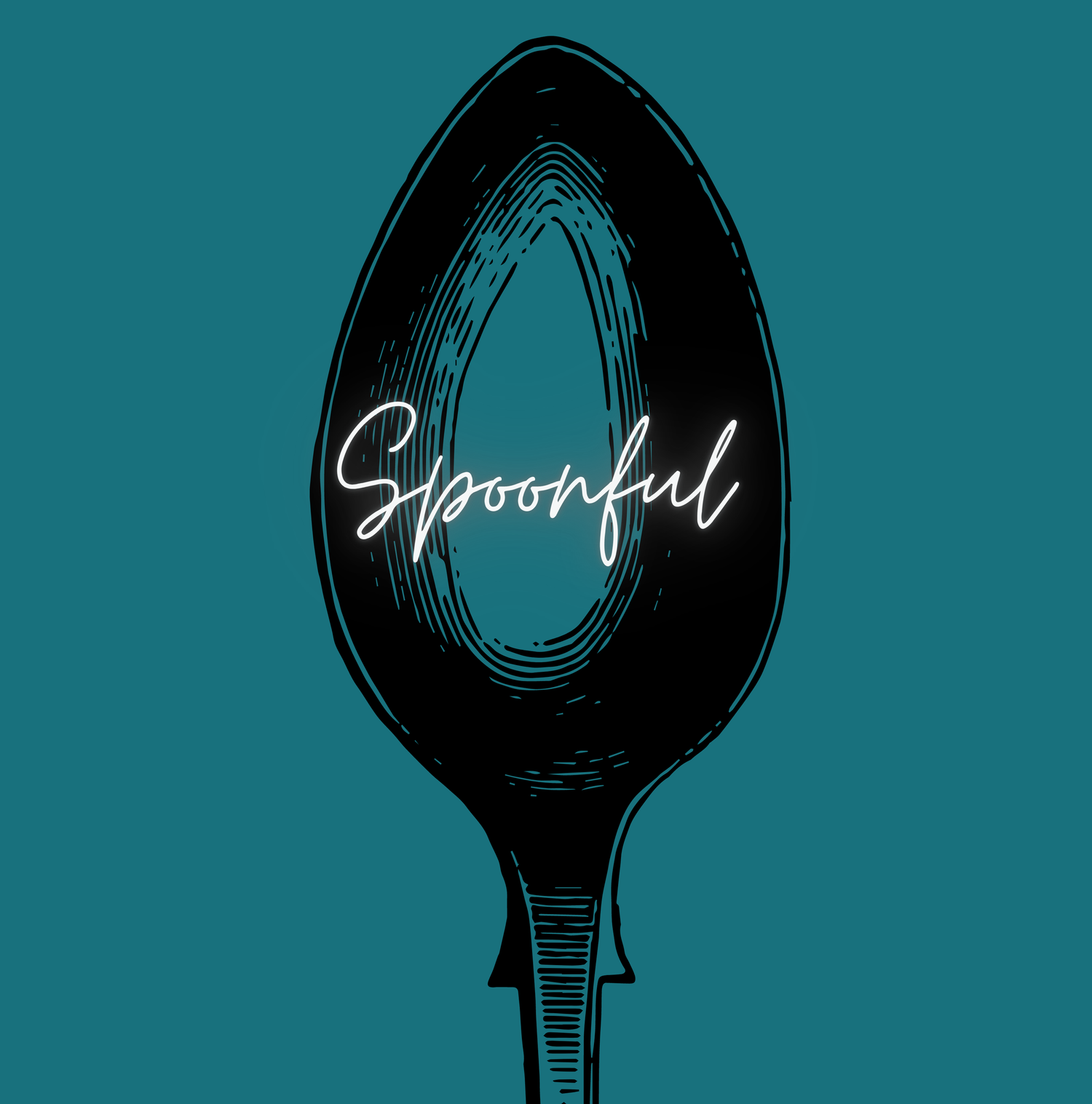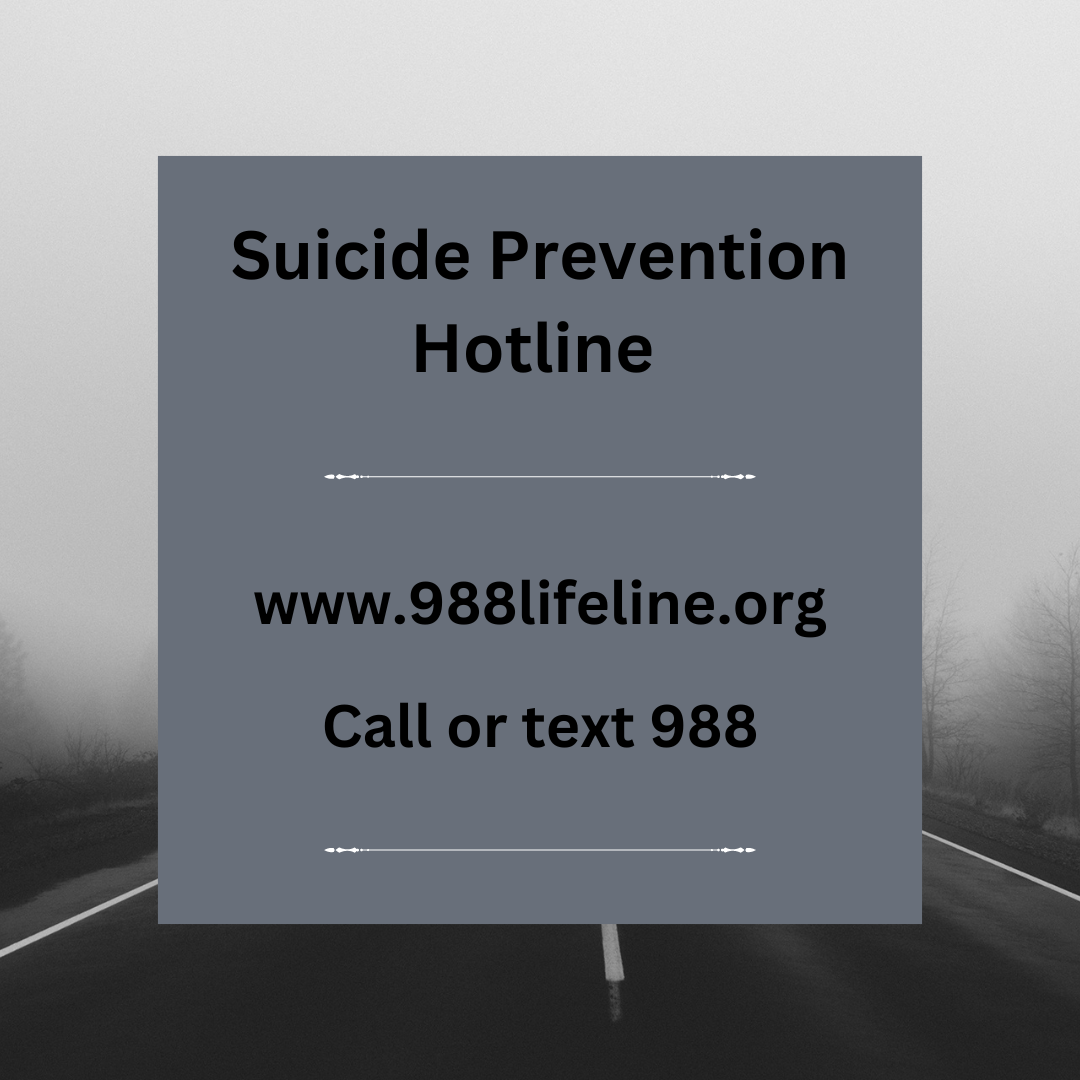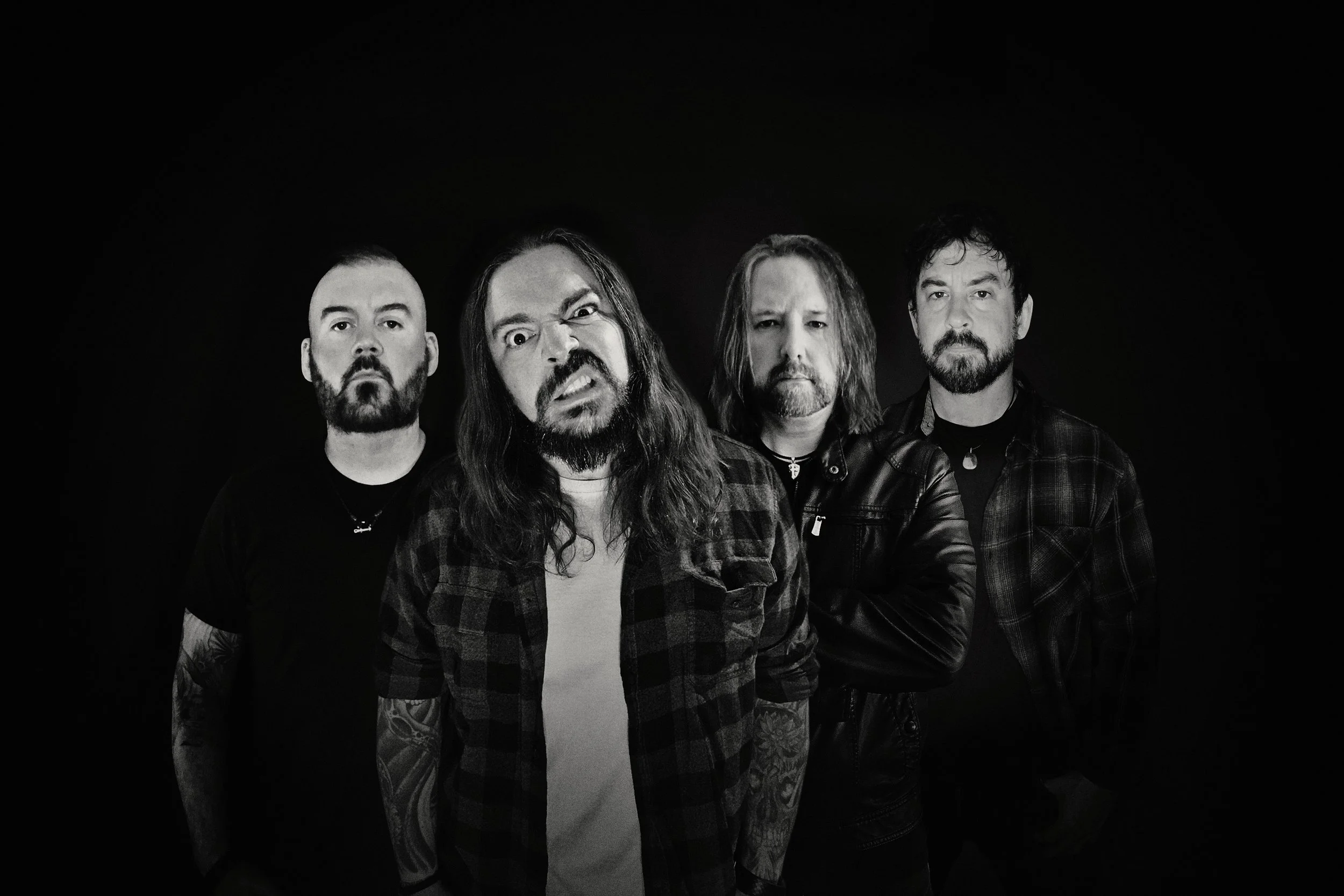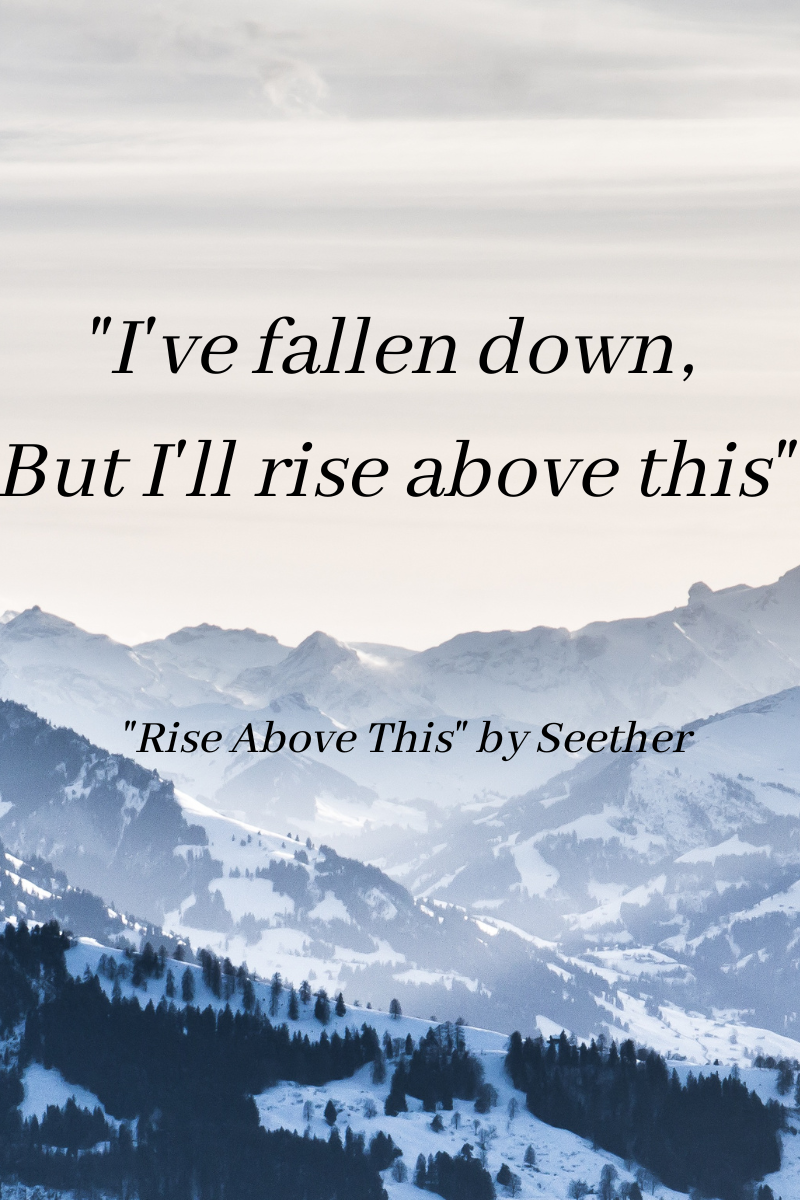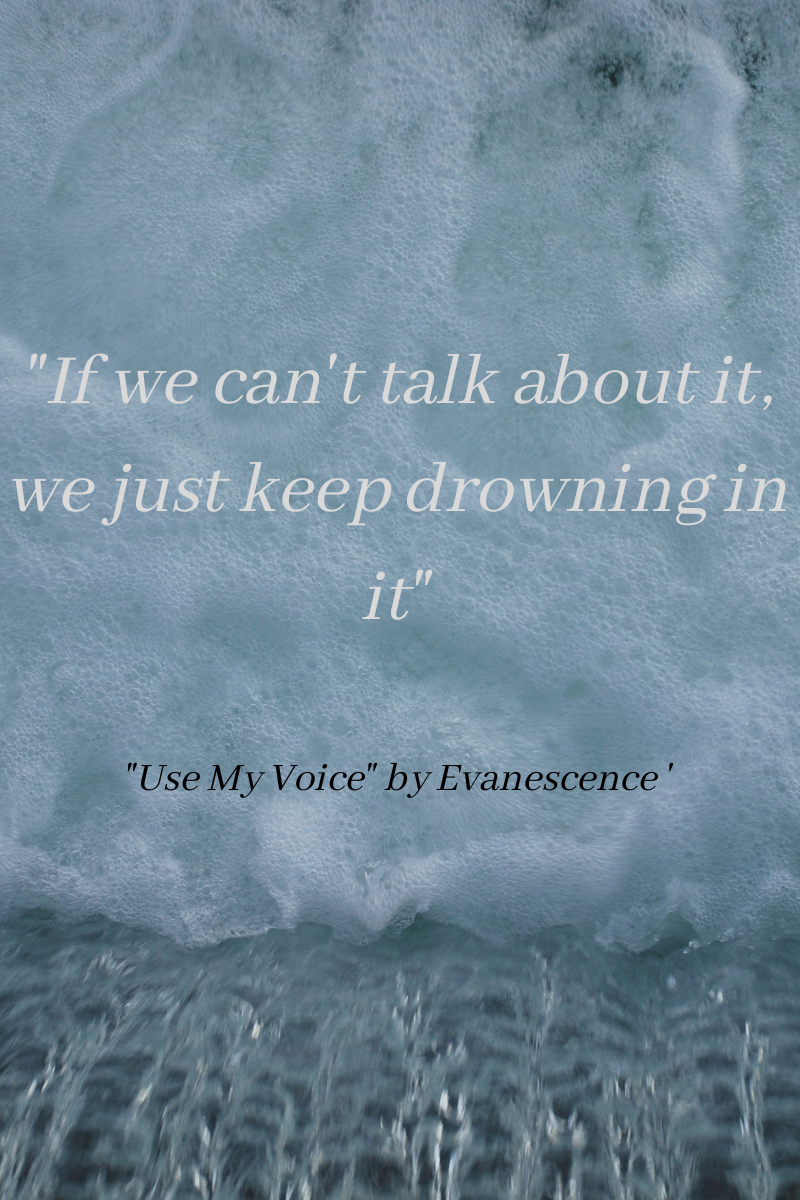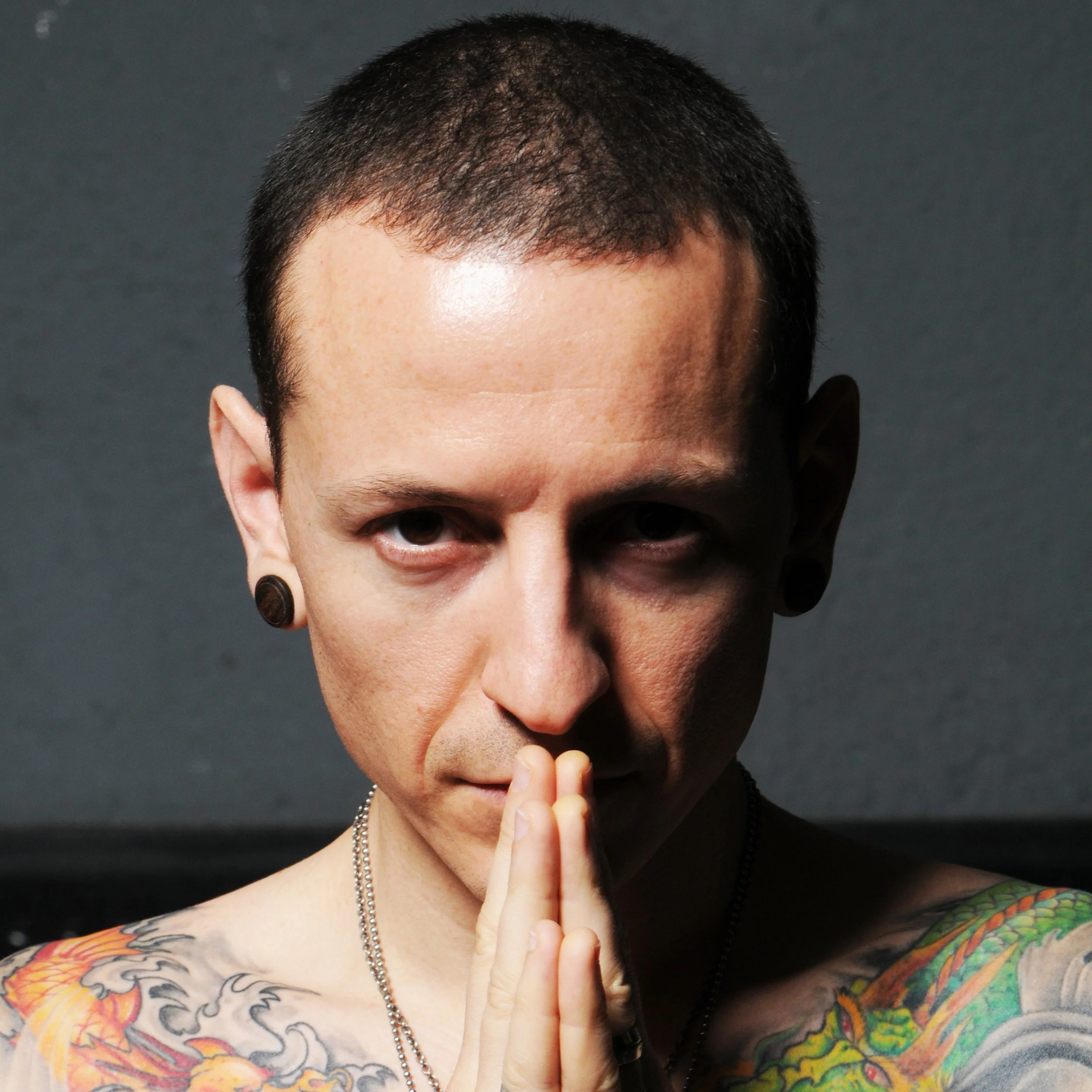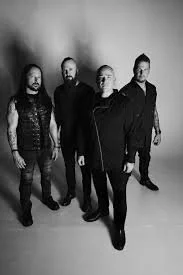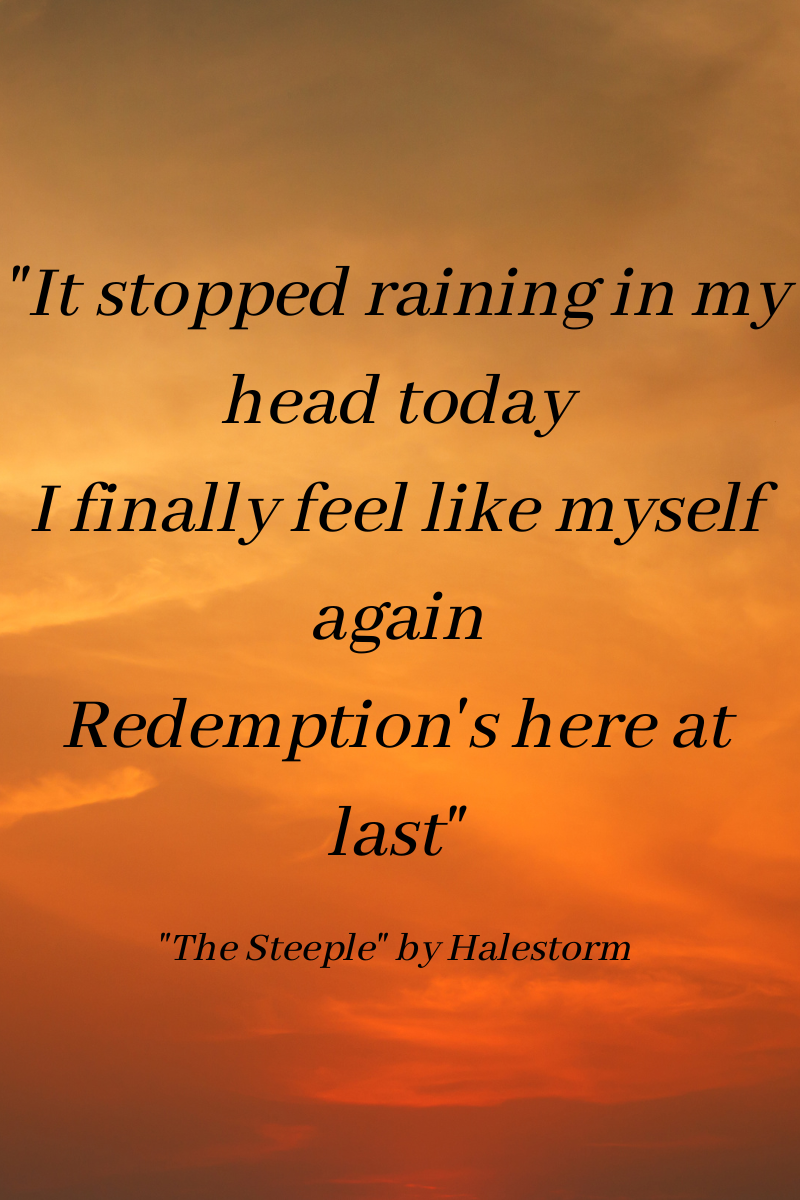Mental Health Metal
TW: death, greif, self harm, abuse. Lots of heavy, emotional topics; be sure you're in the right headspace for this.
If you or someone you know is in crisis, here are some resources for help - please don't hesitate to call or reach out! Clicking the pictures takes you to the respective websites.
Check out the playlist here
Metal music has a bad reputation of being a generally negative genre; but behind the screaming, heavy drums and guitars, there's actually a lot of good being done.
Music of all kinds allows us to express and explore our emotions and connect to those who share them. Metal is especially well known for discussing the taboo topics like death, suffering, and abuse. Combined with loud screaming and rhythms, it understandably scares off some. However, this is also part of the reason why it can have a positive effect on mental health: it provides a safe place to release negative emotions and sometimes literally get a good scream out and relieve some stress.
Beyond that, many metal bands work to spread awareness of mental health issues. There are many bands raising awareness and money for charities - so many that I had to narrow it down a lot! I've chosen 7 bands for this article, but they're only the tip of the iceberg.
Seether
Seether is one of my favorite bands! I began listening to them in high school, which was a very difficult time for me: I struggled with depression, OCD, anxiety, the sudden death of a friend, various health issues, and I was bullied a lot. Their music helped me through a lot of tough times and provided an escape from reality via my headphones.
On August 13, 2007, Shaun Morgan's younger brother, Eugene Welgemoed, died from a sudden suicide. Eugene joined the band during an international tour; he seemed to be happy and enjoying touring with Seether as their bass tech. A couple of days after the festival ended in Rapid City, he jumped from the 8th floor.
Shaun Morgan has always been open about his struggles with substance abuse, but after his brother's death, he became motivated to raise awareness about mental health issues and suicide prevention. They started the Rise Above Fest and worked with SAVE and the Exit 111 Fest to raise awareness and money for the cause.
Their album, Finding Beauty in Their album, Finding Beauty in Negative Spaces, is dedicated to Eugene and Shaun's determination to turn the tragic loss of his brother into a positive, as much as possible. In particular, the song, Rise Above This, is dedicated to Eugene and focuses all the pain into reaching out to help those struggling with mental health issues.
I'm slightly biased - Amy Lee was a choir girl and also from Arkansas. Evanescence was formed in 1995 in Little Rock, Arkansas by Amy Lee and guitarist Ben Moody.; their musical style combines general metal style with Lee's more classical vocals.
Like so many other metal songs, the lyrics discuss heavy topics like mental illness, drugs, and toxic relationships. Amy Lee has lost 2 siblings - a younger sister as a child (Amy was 6 and her sister was 3), and her brother as a young adult (Amy was 36, her brother was 24). The grief over her siblings is the subject of several songs, notably: Hello, and Far From Heaven.
She's been very open about struggling with anxiety and depression and describes her music as a way to self soothe and "create her own therapy." She also describes music about difficult topics as a way to turn a negative into a positive. In addition to bringing awareness through their music, Amy Lee works with the charity, Out of the Shadows, to raise awareness about epilepsy, which her late brother had and was given an award for her work. The band has worked with various charities and talked openly about their struggles over the years.
Fun fact: Amy Lee is married to a therapist.
This is a very unique one - the lead singer, Jake Segura, wrote the first song, Let it Burn, from a psychiatric hospital in 2016. He's now a licensed clinical psychologist and specializes in complex trauma (I'm a bit too familiar with that).
Jake Segura thought his first few songs would be the end of his musical career, but received so much positive feedback that he formed an official band and continues producing music. Their songs almost exclusively tackle mental health and emotional topics, in the hopes of reaching more people to fight stigma and create community. Every song discusses a particular issue, often based on their own experiences.
The band has heavily focused on awareness, but I suspect that it will raise funds for and work with charities in the future. It's still a fairly young band, and I expect to see a lot from them in the future.
I also get a lot of joy thinking about how someone has said, “hey, want to go see my therapist's concert?”
This band quickly became a favorite of mine when i discovered them during the pandemic; the quartet was formed by childhood friends Markus V, David V, David S, and Johan S in Stockholm several years ago. They've only recently begun to be well-known, but have already established themselves as beacons of mental health awareness.
Several of their songs discuss emotional struggles, they've had charity livestream concerts, and have discussed working through hardships in life and finding your strengths to get you through in concerts and on social media.
Like Citizen Soldier, they're still fairly new, but I expect to see a lot from them in the future!
Linkin Park was another of my "introductory" metal bands as a teenager. They were extremely popular in my junior high and high school years; "What I've Done" and "In The End" dominated the local radio stations for a few years. The mix of metal, alternative, punk, and even some rap appealed to a wide array of listeners.
Even with mainstream success, they've never shied away from discussing heavy or "taboo" topics. Their songs discuss loss, depression, substance abuse, making mistakes, and the difficulties of life. Chester Bennington was open about his struggles with substance abuse and mental illness and celebrated his sobriety.
Unfortunately, he lost his battle with it in 2017 when he took his own life.
Though he is gone, his impact remains. Fans have shared the songs that got them through the worst times and countless tributes. He's motivated others to raise awareness and end the stigma and create communities and spaces for people to share their struggles; other musicians (like Disturbed) have cited him as motivation to continue fighting and sharing their stories.
Disturbed is one of the bands that I think every metalhead knows. They're wildly popular, both in the metal world and in general. The band is older than me - it was formed in 1994 in Chicago, IL. With 29 years under their belts, they've reached millions and sold over 13 million albums!
They've used this impressive influence for good and have done a lot for mental health awareness and charity work. They've fought hard to end the stigma of mental illness and substance abuse through their lyrics and concerts to help the cause. At every concert now, they take a few minutes to talk about how they've struggled and ask the audience to raise their hands if they've struggled as well.
In a concert full of aggressive music, it's a tender and heartfelt moment that might come as a surprise if you're not familiar with Disturbed. Their members have been open about struggling with depression and substance abuse, as well as losing friends to it. They were friends with Chester Bennington and performed for his memorial concert, and have lost others as well.
They regularly donate to charities and have people at their concerts trained to help those in crisis, should an attendee need help. They're veterans of mental health awareness in metal and I expect them to continue for as long as they can!
Like Evanescence, Halestorm is lead by a woman who is able to sing both classically and in an edgey, metal style as well. They were formed in 1997 by Elizabeth "Lizzy" Hale, her drummer brother Arejay, and guitarist Joe Hottinger, and bassist Josh Smith in Red Lion, Pennsylvania.
Lead singer Lizzy Hale has been very open about her mental health issues and aims to break the stigma surrounding it. She describes metal and hard rock as "champion of the people who are different, the people who don't fit in, the people that have mental issues" and encourages everyone to be open about it. After the suicide of Jill Janus (of Huntress) in 2018, she penned a vulnerable letter and posted it to Instagram and urged people to seek help and that seeking help doesn't mean you're "broken."
Lizzy deals with panic attacks and depression, which are discussed in her songs. There are also songs that discuss toxic relationships and recently, the story of a young fan's struggle with coming out as queer.
A teenage fan opened up to her about her struggles with her family surrounding her sexuality. The teen's story was combined with Lizzy's own story about falling into a dark place of isolation during the Covid-19 pandemic. The music video shows Halestorm joined by a large and diverse group of people - those that are accepting of the different, those who don't fit in, and those with mental health issues.
Final Thoughts
The heavy issues and loudness might be off-putting, but it's cathartic to share our stories and pain and it connects us when we meet others who share those feelings. When we have it out in the open (loudly), we develop community and the weight of the world becomes lighter as others help us carry it.
My story has almost ended several times; but I'm still here. My body has been broken and bruised, but my mind is still the same and I still have a voice and the will to fight. As long as I have that, I'll continue to write and share my story.
